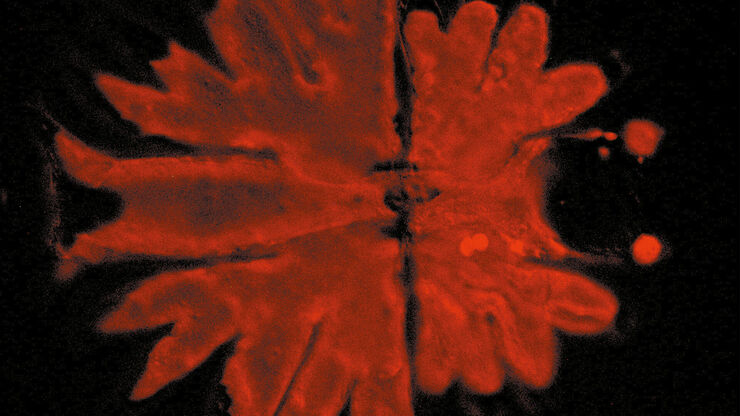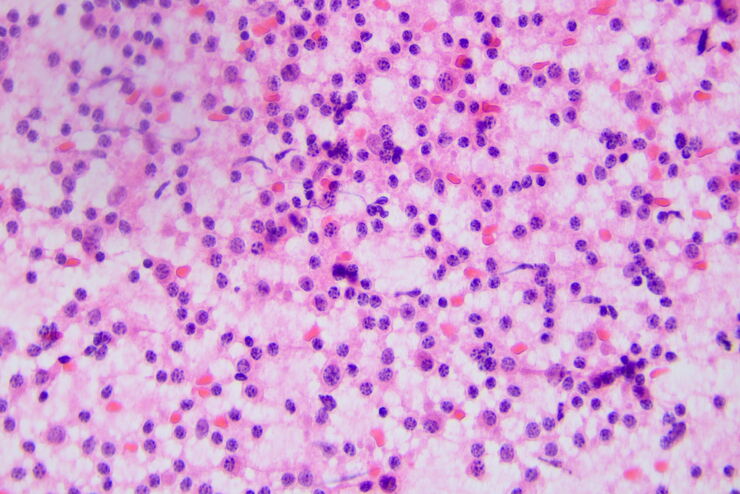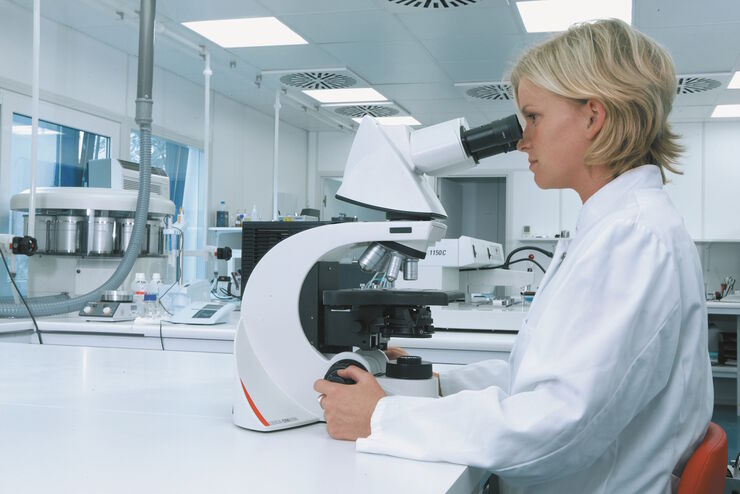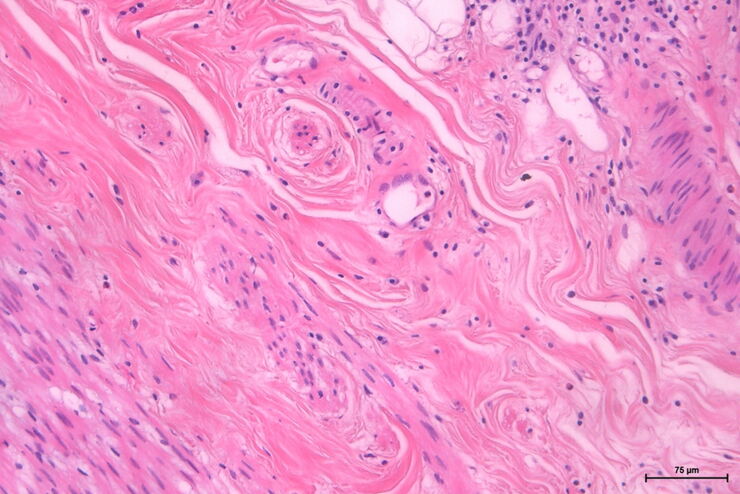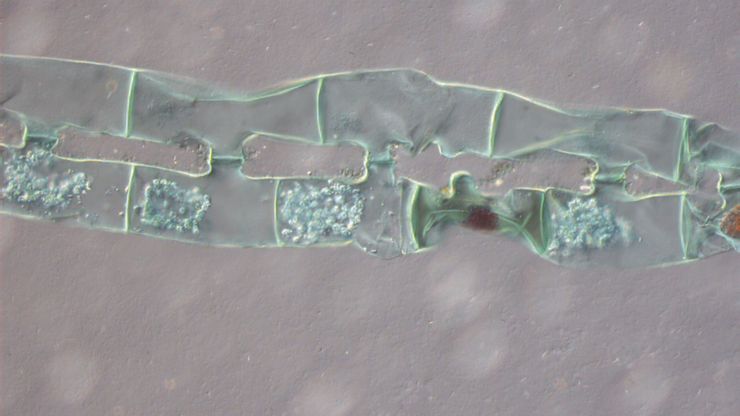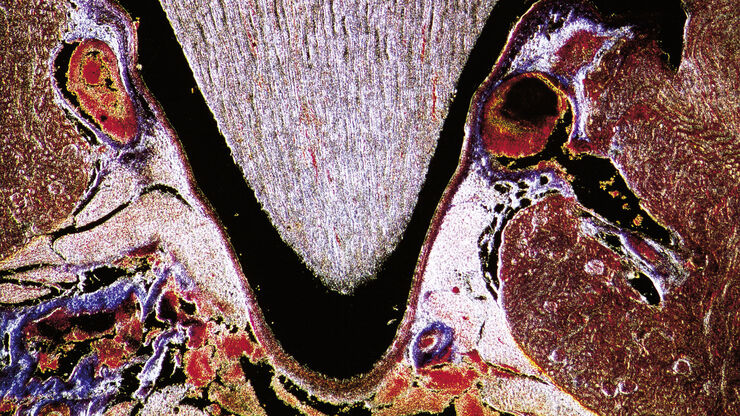Leica DM2000 & DM2000 LED
Upright Microscopes
Light Microscopes
Products
Home
Leica Microsystems
Leica DM2000 & DM2000 LED Ergonomic System Microscopes for Complex Clinical Applications
Read our latest articles
A Guide to Phase Contrast
A phase contrast light microscope offers a way to view the structures of many types of biological specimens in greater contrast without the need of stains.
H&E Staining in Microscopy
If we consider the role of microscopy in pathologists’ daily routines, we often think of the diagnosis. While microscopes indeed play a crucial role at this stage of the pathology lab workflow, they…
How to Benefit from Digital Cytopathology
If you have thought of digital cytopathology as characterized by the digitization of glass slides, this webinar with Dr. Alessandro Caputo from the University Hospital of Salerno, Italy will broaden…
Factors to Consider when Selecting Clinical Microscopes
What matters if you would like to purchase a clinical microscope? Learn how to arrive at the best buying decision from our Science Lab Article.
The Time to Diagnosis is Crucial in Clinical Pathology
Abnormalities in tissues and fluids - that’s what pathologists are looking for when they examine specimens under the microscope. What they see and deduce from their findings is highly influential, as…
A Guide to Differential Interference Contrast (DIC)
A DIC microscope is a widefield microscopy which has a polarization filter and Wollaston prism between the light source and condenser lens and also between the objective lens and camera sensor or…
A Guide to Darkfield Microscopes
A darkfield microscope offers a way to view the structures of many types of biological specimens in greater contrast without the need of stains.
Fields of Application
Clinical Pathology
Discover how Leica pathology microscope solutions help clinical pathologists diagnose infections and diseases from bodily fluids and tissues.
Microscopy in Pathology
Analysis of specimens for pathology sometimes requires long hours working with a microscope. The result for the user may be physical discomfort and strain that can lead to reduced efficiency and the…
Anatomic Pathology
Learn how anatomic pathology microscopes from Leica Microsystems support efficient and accurate medical diagnoses.
